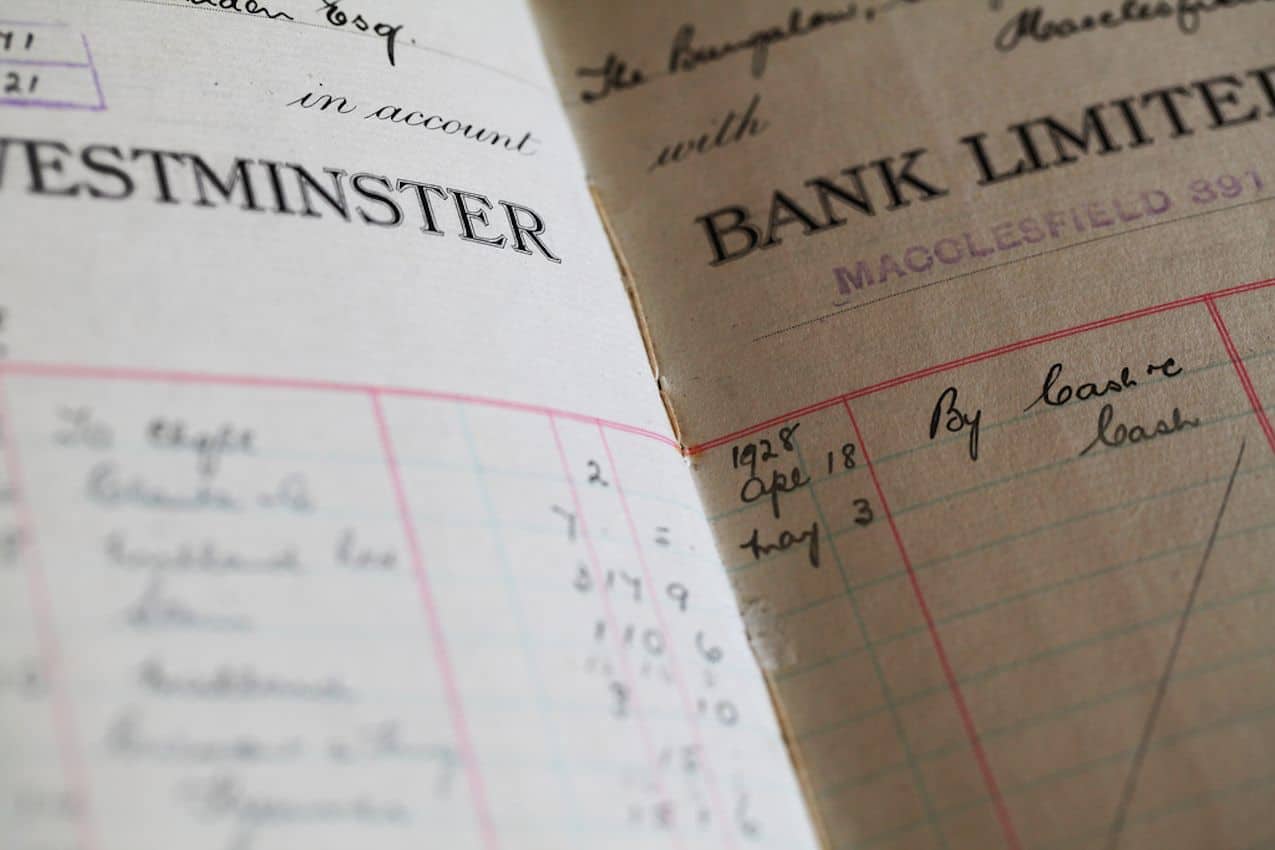“I owe HOW much in HST? You’ve got to be kidding – I don’t have that in the bank”.
My client stared at the report in shock. We had finally straightened out his past-due federal Harmonized Sales Tax (HST) return.
Now that he knew what he owed – he needed to figure out how he was going to pay it–since he’d already spent the money he’d collected.
Oops.
This is something that I see regularly with coaches, consultants and creatives.
One consultant that I know came close to shutting down his practice and returning to the corporate world because, as he put it “I got tired of borrowing money each year to pay my income and sales taxes.”
Does any of this sound familiar?
Is there a solution? Of course there is!
- Don’t get behind
- Make sure that the money is available
(Yes, I can hear your inner Yoda saying “Smartass this Lawrence is! Captain Obvious answers he provides. Hmmph. Elsewhere I go for advice next time!”)
Bear with me. I’m no padawan at this. (Or for non-Star Wars types, “This isn’t my first rodeo”).
Most of you fill in the HST report annually and send it off to the nice people at CRA. “Filling in the report and sending it in” is called “filing the HST” in accountant-speak. As an annual filer, you’re still supposed to make quarterly pre-payments of the estimated total HST as you go throughout the year.
If you send those payments quarterly, you’ll be in much better shape at the end of the year when you file (and you won’t be panicking looking for the cash).
Your bookkeeper or your accountant can tell you the amounts to send (and if they don’t ASK THEM).
That’s Step 1. But what about Step 2? How do you make sure that the money is there at the end of the quarter?
Easy. Open up a second bank account—I call it my “Tax Savings Account”. (Not to be confused with Tax Free Savings Account (TFSA) which is a whole other story!)
As soon as I get paid by a client, I transfer the HST plus another 20-30% of the gross to that account (so I’ve got my sales taxes, income taxes and property taxes all taken care of!)
I have a spreadsheet into which I enter every invoice I send out. It’s got an extra column that does the calculation and rounds it up the nearest $5.00. (No special accounting or Excel skills required). When the payment comes in, I don’t have to think – the number is already there. All I have to do is transfer it to the Tax Savings Account and I’m done.
When it’s time to pay CRA, the money’s there.
Putting the cash aside and having it ready to go when the tax filing deadline comes along means I have one less thing keeping me awake at night.
Many Canadian banks have special business-oriented savings accounts. While they often pay a pittance in interest (if at all), bupkis is better than nothing. And the service charges may be lower than with a “regular” personal savings account or business chequing account.
One word of warning…
It can be awfully tempting to borrow from the “tax account” when you have a cash crunch and the tax account has a large balance—but that’s a mistake (trust me on this—I’ve learned that the hard way!)
I’m Lawrence Fox from AccountingWizard Solutions and I’m the CPA who loves to do bookkeeping for coaches and consultants who’d rather have root canal than do their books.
Need help creating your accounting systems? Want to get bookkeeping off your plate and the worry off your pillow?
We’re a hot match if you’re:
- In Canada
- A solo coach, consultant or creative
- Running a full-time business
- Overwhelmed by your bookkeeping and accounting
Book a “30-minute Coffee and a Shmooze” chat with me!
PS Thanks to fellow number wrangler Maureen Shortt for reminding me about this! (I’d written this post a couple of months ago and never got around to hitting publish).





